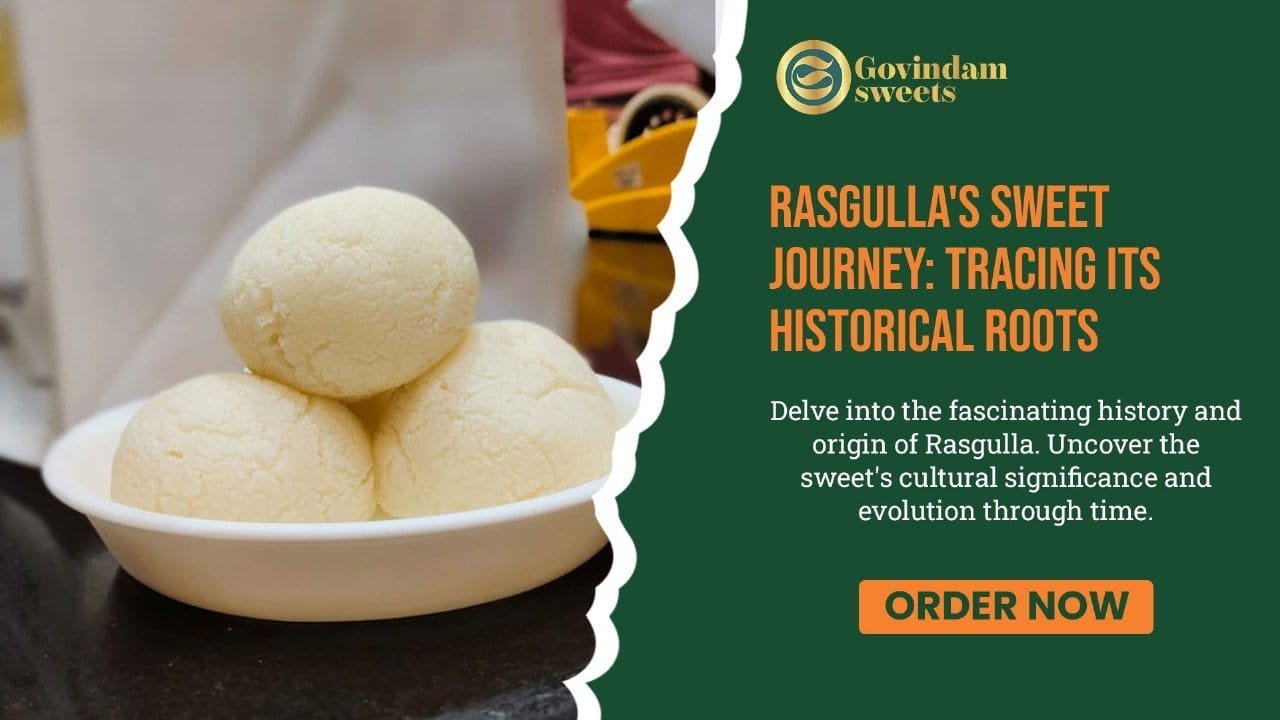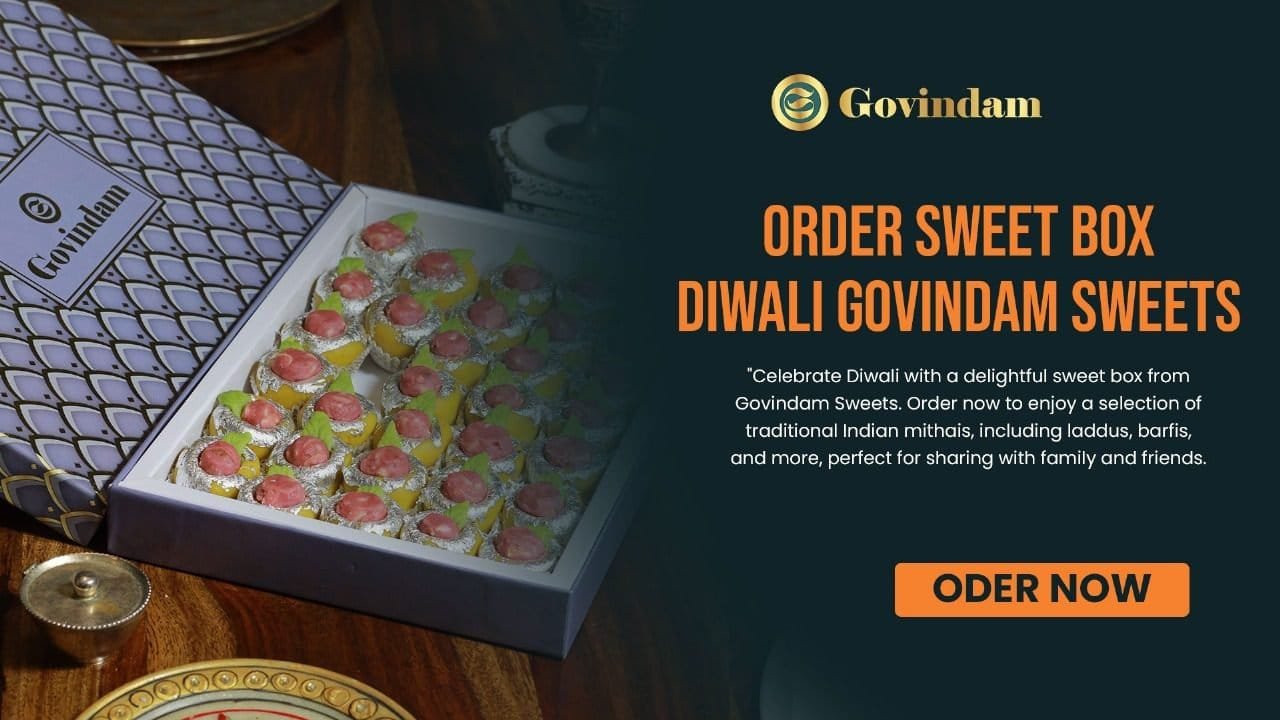Explore the fascinating history and origin of the Rasgulla sweet, a beloved Indian dessert. From its disputed beginnings to its cultural significance, discover how this cheese-based confection became a staple in Bengali and Odia cuisine. Uncover the legends, innovations, and regional variations that shaped this iconic treat.
The Sweet Origins of Rasgulla
The history and origin of Rasgulla sweet is a tale as rich and intriguing as the dessert itself. This beloved Indian confection, known for its spongy texture and sweet syrup, has been a subject of culinary debate and regional pride for generations.
Early Beginnings: A Disputed Heritage
The exact origin of Rasgulla remains a point of contention, primarily between the states of West Bengal and Odisha. Both regions claim to be the birthplace of this iconic sweet.
The Bengali Claim
In Bengal, the creation of Rasgulla is often attributed to Nobin Chandra Das, a 19th-century confectioner from Kolkata. According to this version, Das invented the sweet in 1868, perfecting the art of making spongy cheese balls.
The Odia Perspective
Odisha, on the other hand, claims a much older origin for Rasgulla. The state asserts that a version of the sweet, known as Kheer Mohana, has been offered at the Jagannath Temple in Puri for centuries.
Evolution of the Sweet
Regardless of its exact origin, Rasgulla has evolved over time:
- Traditional preparation involved curdling milk and draining the whey to create chenna (fresh cheese).
- The innovation lay in kneading the chenna to achieve a smooth texture and then cooking it in sugar syrup.
- Over time, regional variations emerged, each with unique characteristics.
Cultural Significance
Rasgulla holds immense cultural importance in both Bengali and Odia traditions:
- In Bengal, it’s an integral part of celebrations and festivals.
- In Odisha, it’s considered a sacred offering in the Jagannath Temple.
For those interested in exploring traditional sweets, Govindam Sweets offers a variety of authentic Indian confections.
Spread and Popularity
From its regional roots, Rasgulla gained national and international recognition:
- It became a symbol of Bengali cuisine across India.
- Canned Rasgulla made it possible to enjoy the sweet across the country.
- The dessert found its way into Indian restaurants worldwide.
Modern Variations
While traditional Rasgulla remains popular, modern variations have emerged:
- Baked Rasgulla
- Chocolate-coated Rasgulla
- Fusion flavors like mango or strawberry
For those interested in exploring unique sweet variations, consider trying Balwan Laddu or Ghewars for a taste of regional diversity.
The GI Tag Controversy
In recent years, the origin debate took a legal turn:
- In 2015, West Bengal was granted the Geographical Indication (GI) tag for “Banglar Rasogolla.”
- In 2018, Odisha also received a GI tag for “Odisha Rasagola,” recognizing its distinct variety.
This dual recognition highlights the sweet’s significance in both cultures.
Rasgulla in Festivals and Traditions
Rasgulla plays a crucial role in various Indian festivals:
- It’s a staple during Durga Puja in Bengal.
- In Odisha, it’s part of the Niladri Bije ritual during Rath Yatra.
Explore our Festival Collection to discover more sweets associated with Indian celebrations.
Nutritional Aspects and Modern Adaptations
As food consciousness grows, Rasgulla has seen healthier adaptations:
- Low-sugar versions for health-conscious consumers
- Vegan Rasgulla made with plant-based milk
For those looking for traditional accompaniments, Namkeen offers a savory contrast to the sweet Rasgulla.
Frequently Asked Questions
- Q: Who really invented Rasgulla? A: The invention is disputed between Bengal and Odisha, with both presenting historical evidence.
- Q: How old is the Rasgulla recipe? A: While the exact age is unclear, variations of the sweet have existed for several centuries.
- Q: Is Rasgulla unique to India? A: Yes, Rasgulla is uniquely Indian, though similar cheese-based sweets exist in other cuisines.
Conclusion: A Sweet Legacy
The history and origin of Rasgulla sweet reflect the rich culinary heritage of India. Whether from Bengal or Odisha, Rasgulla has transcended regional boundaries to become a nationally beloved dessert. Its journey from temple offerings to international recognition showcases the evolving nature of Indian sweets.
For more information on Indian sweets and their cultural significance, visit this Wikipedia page on Indian sweets. The story of Rasgulla is not just about a dessert; it’s a testament to the rich, diverse, and sometimes contentious culinary traditions of India.
Explore more unique Indian sweets like Chirawa Peda or Buy Rose Laddu to continue your journey through India’s sweet traditions.


